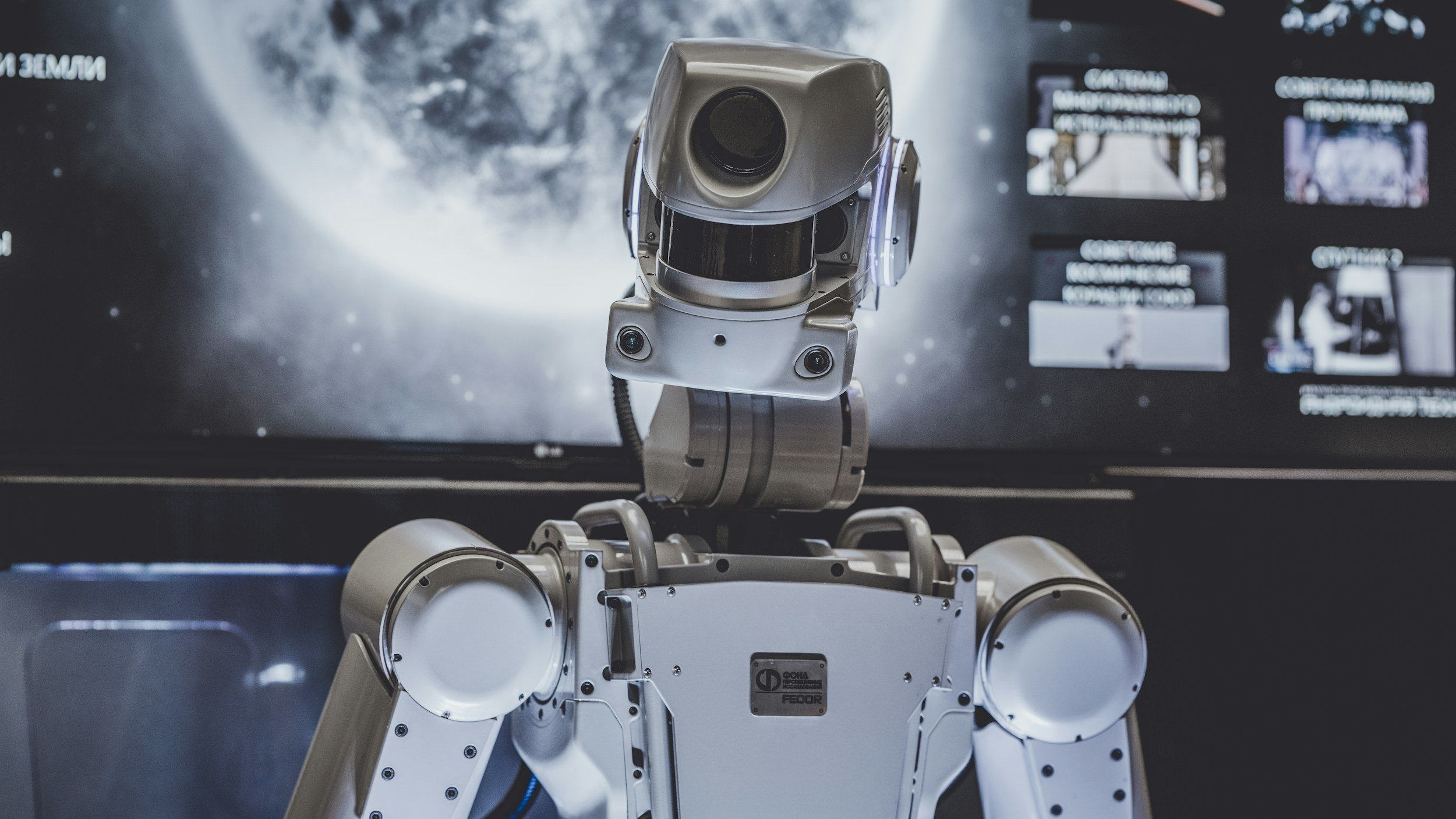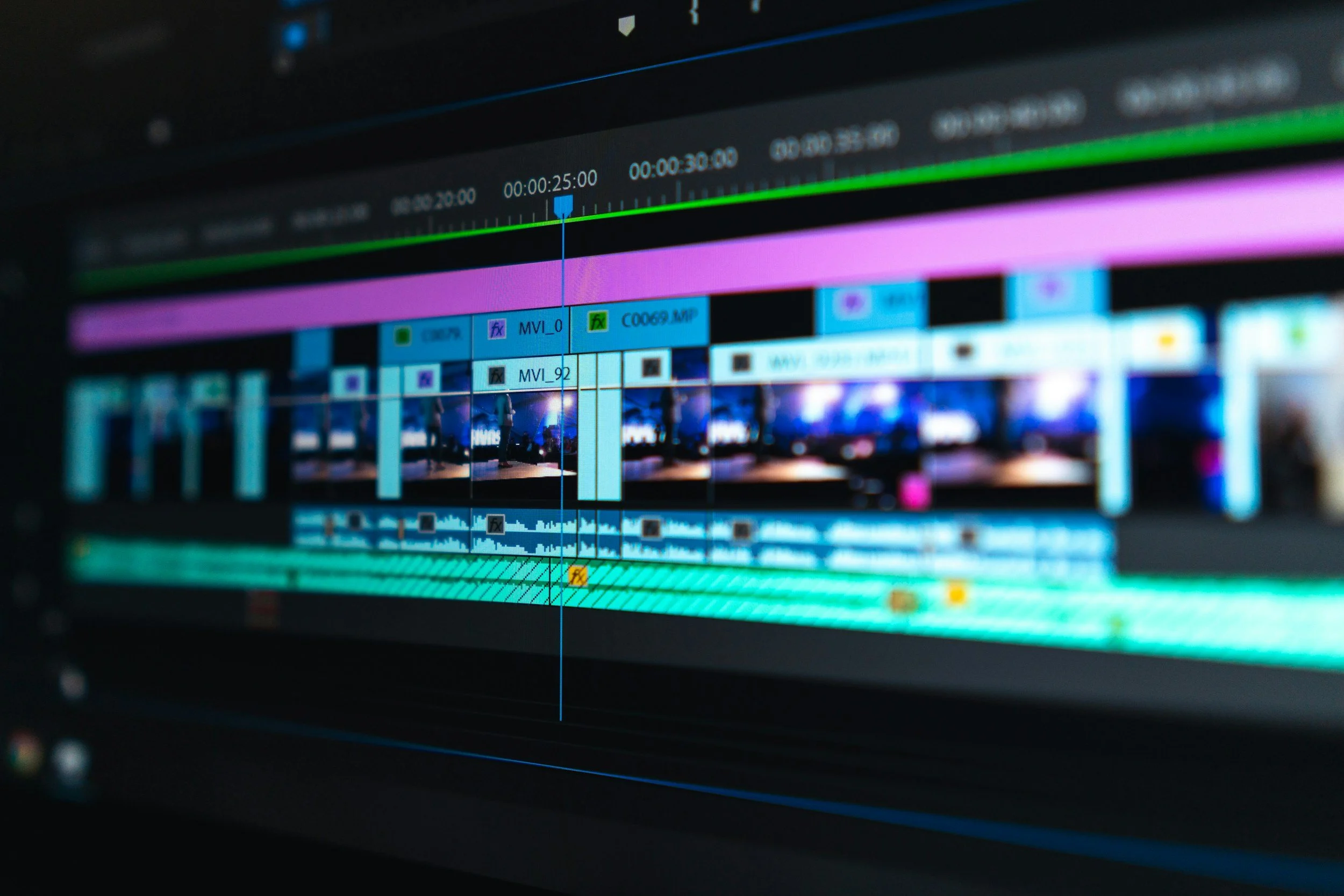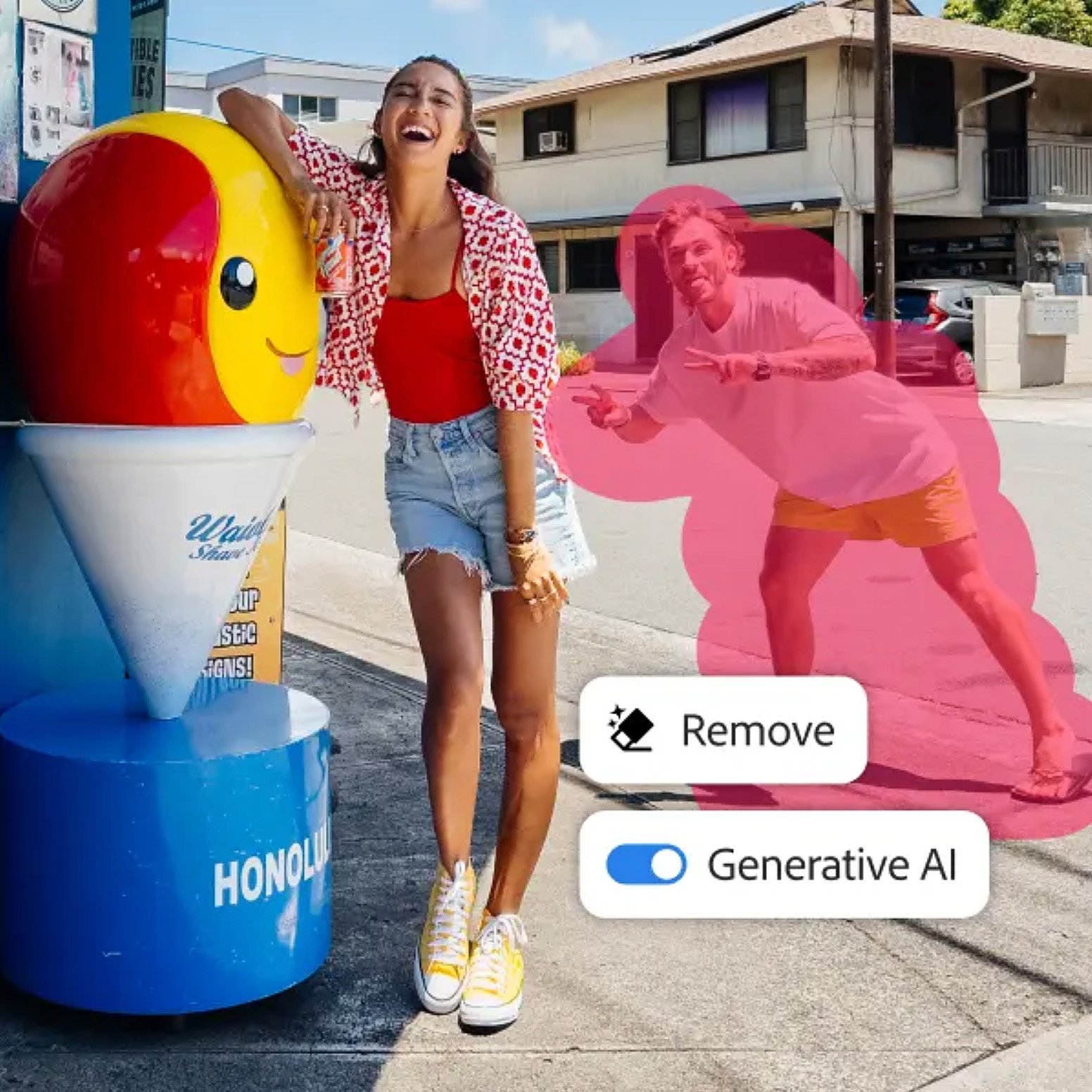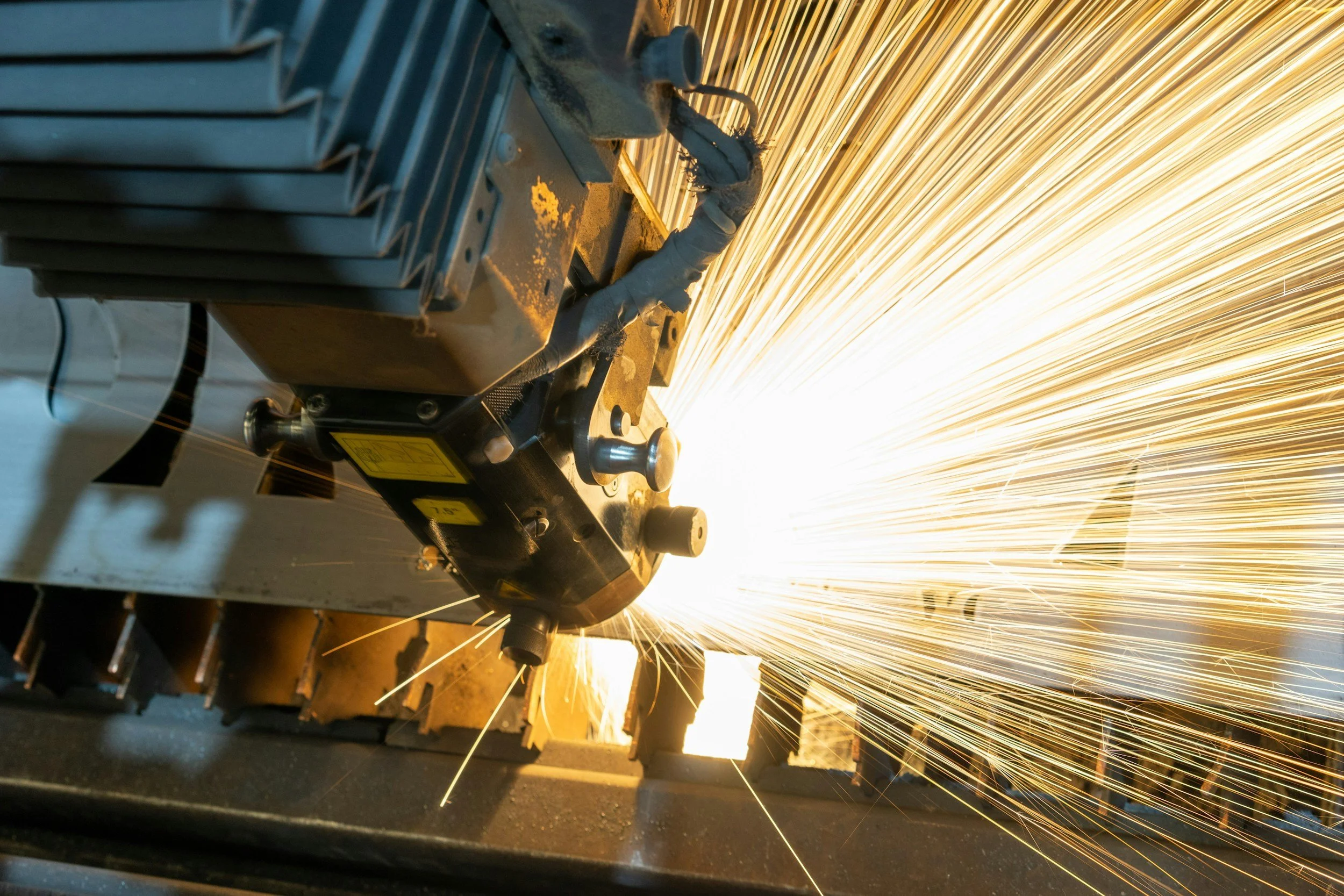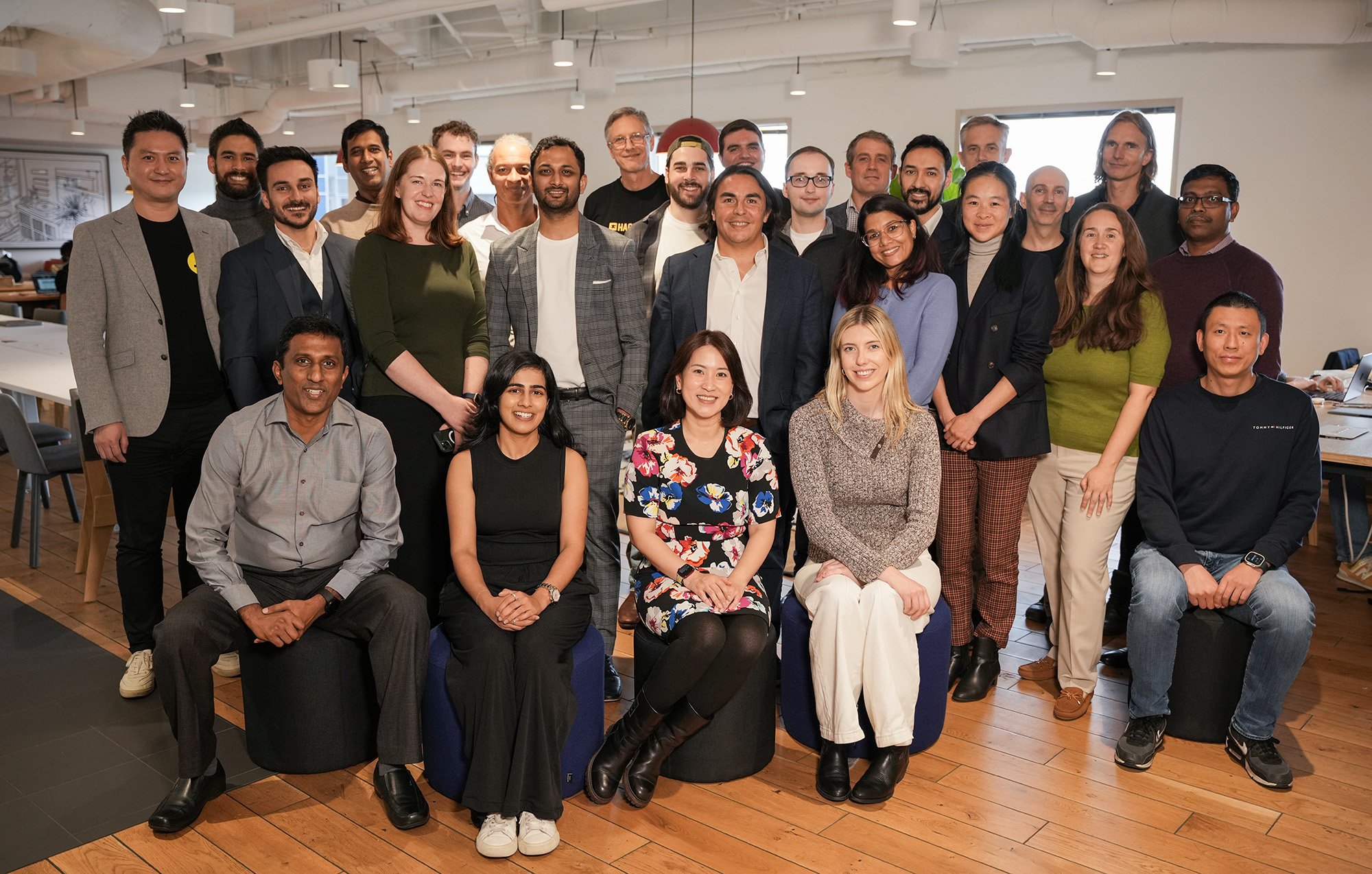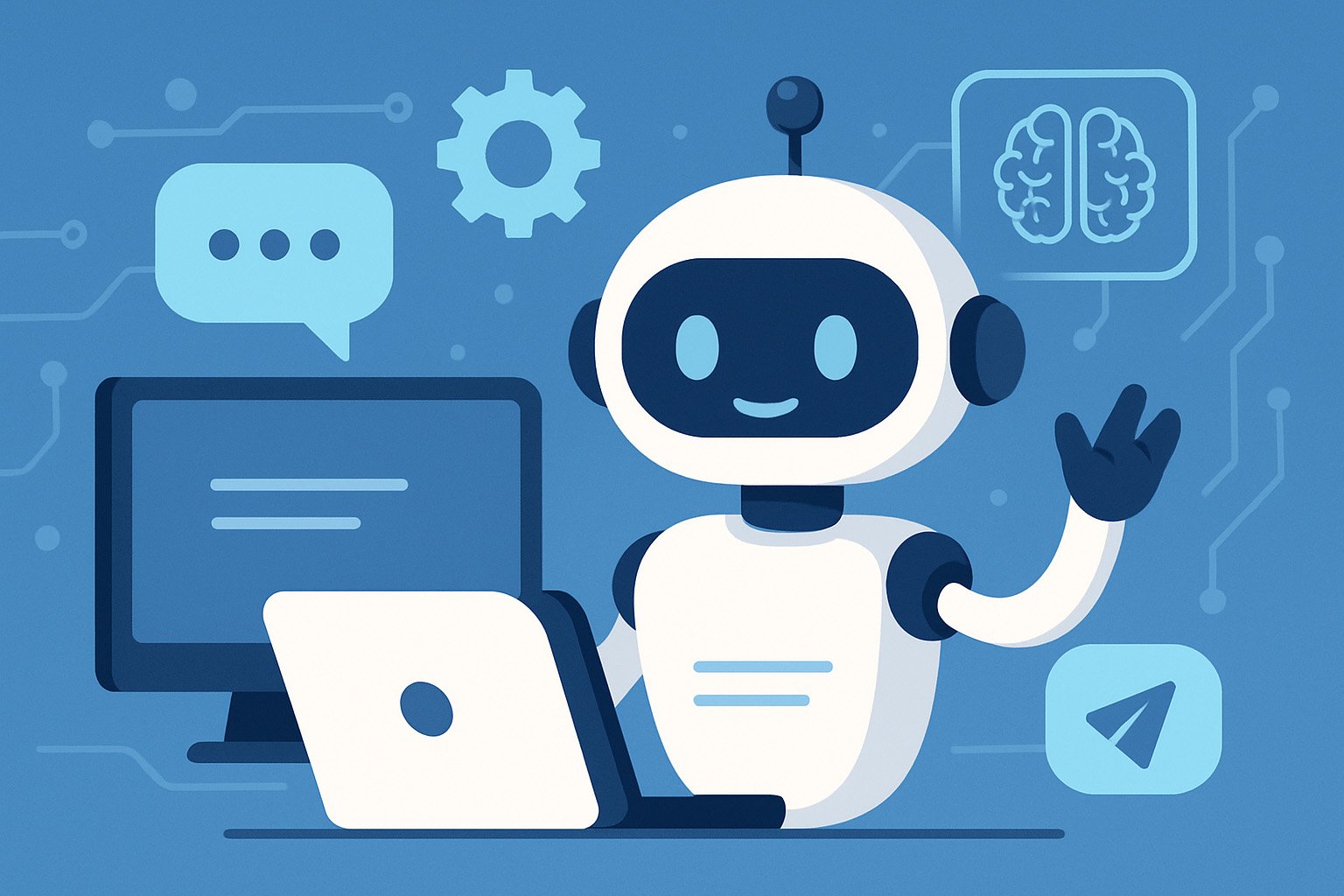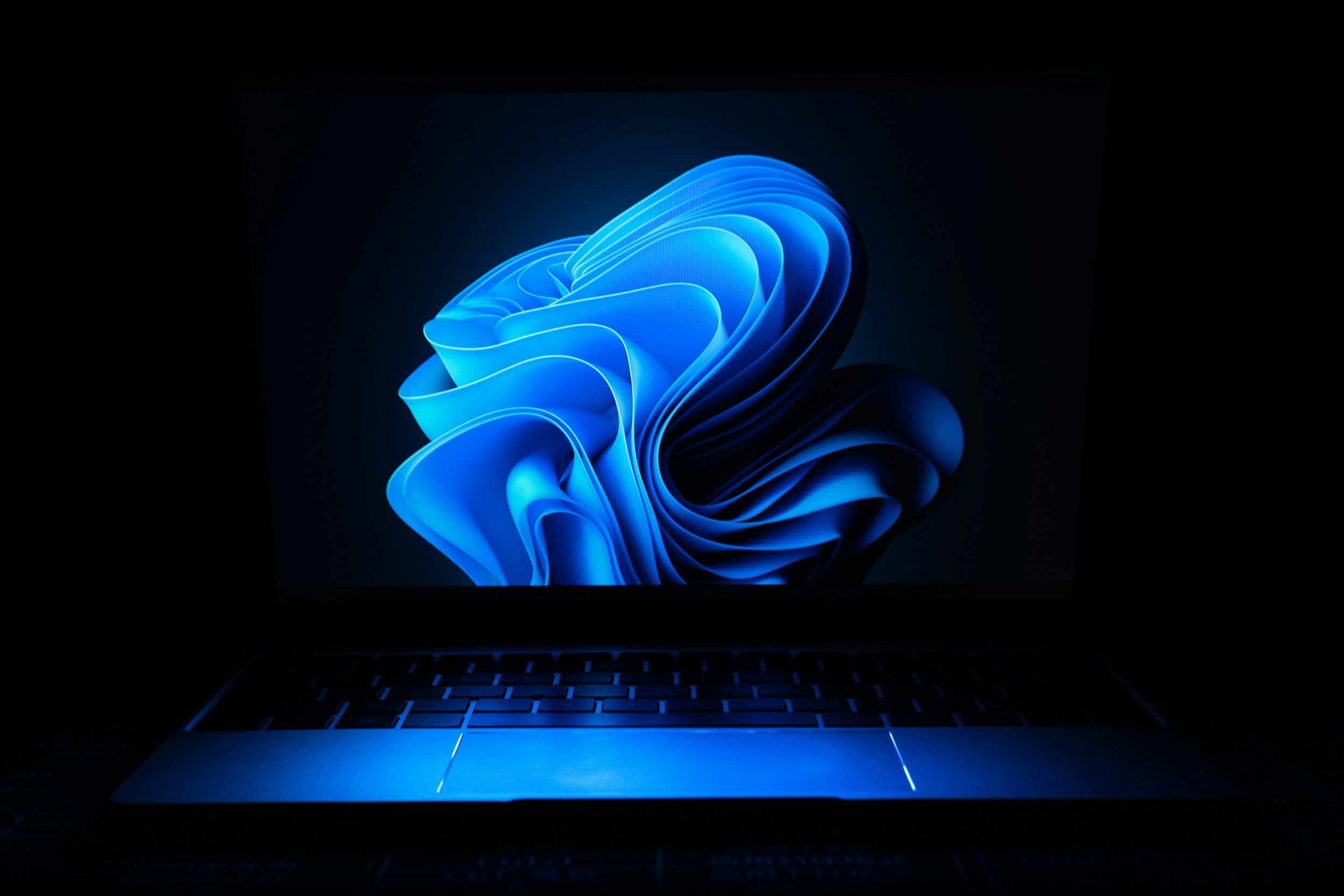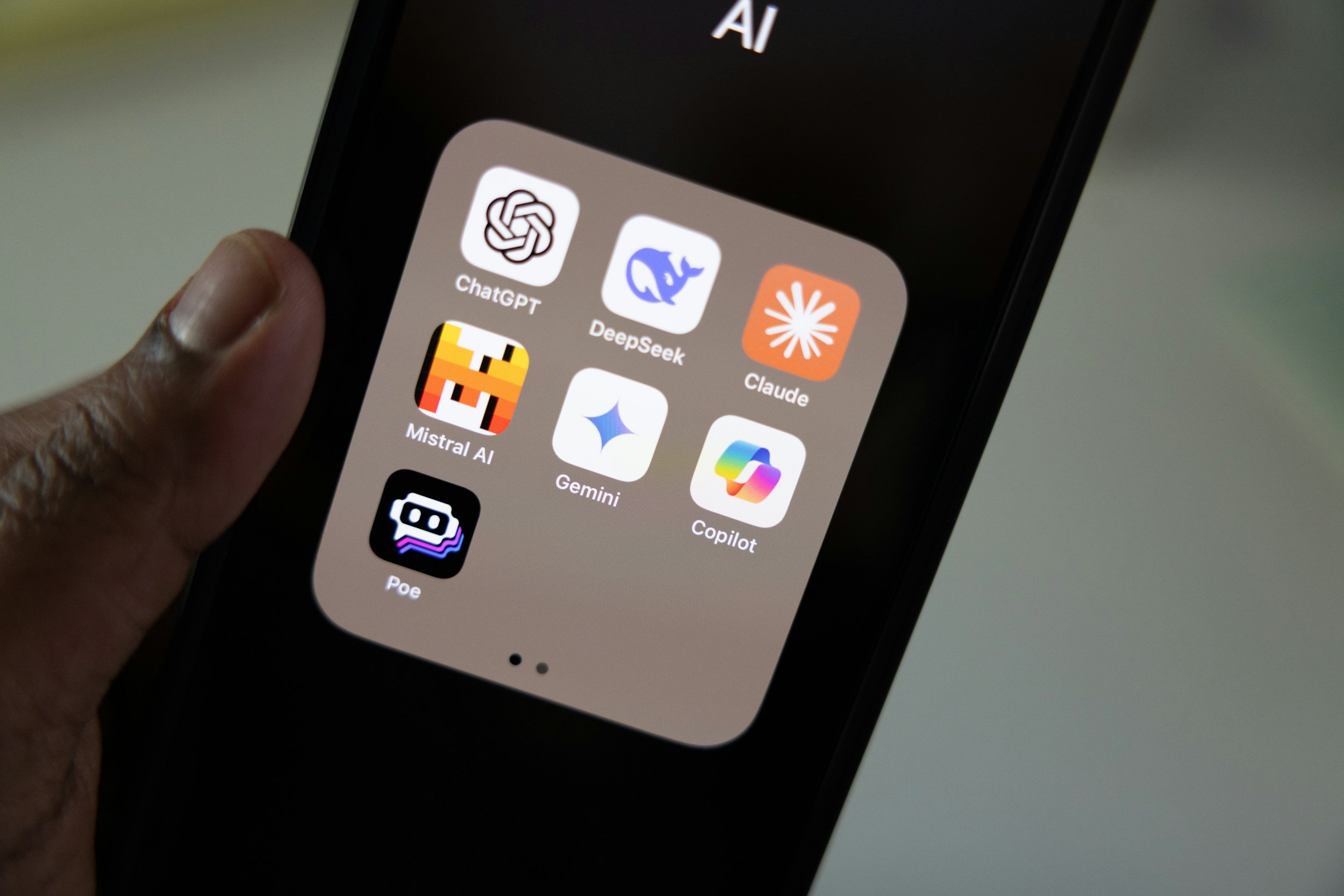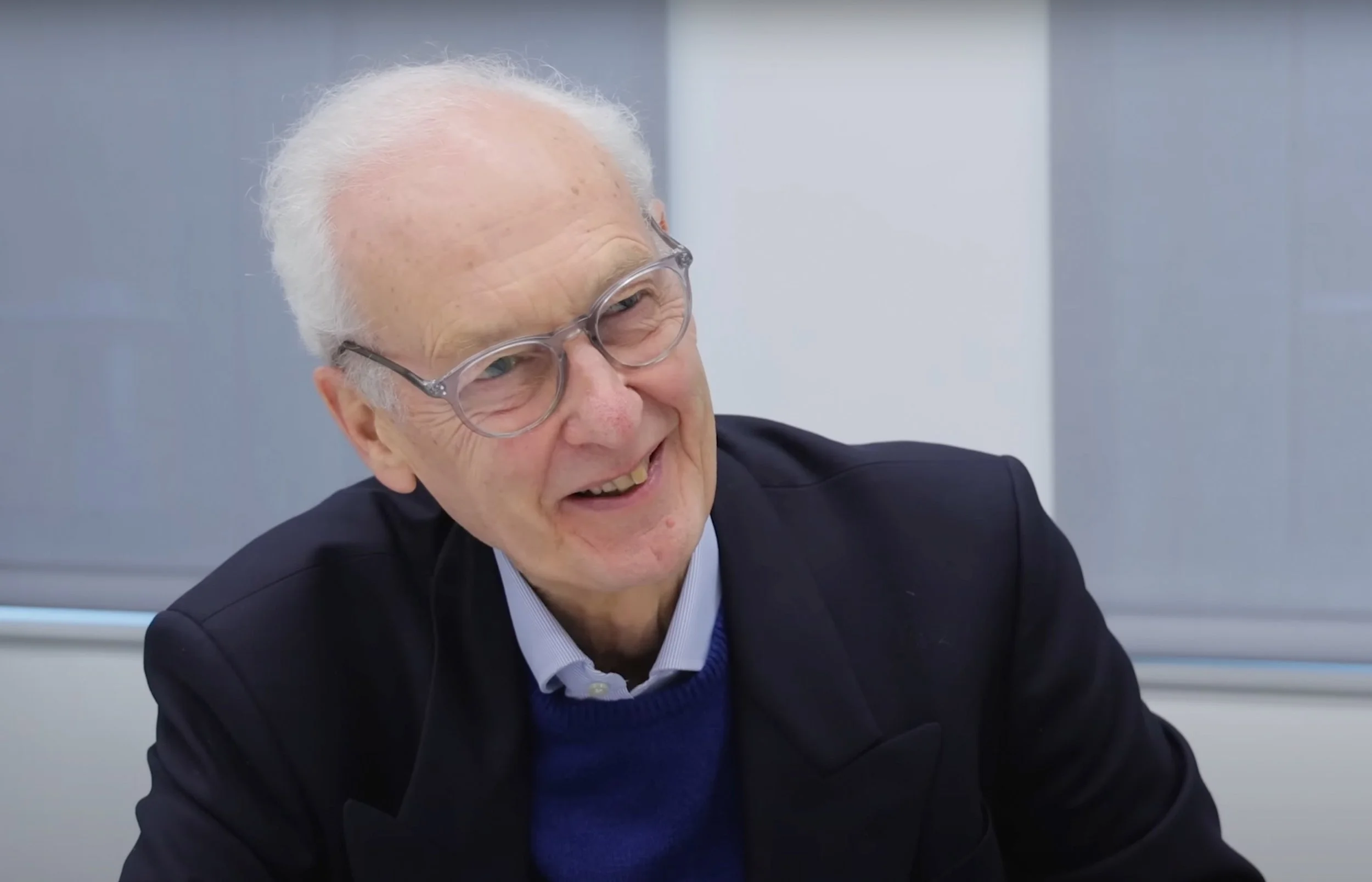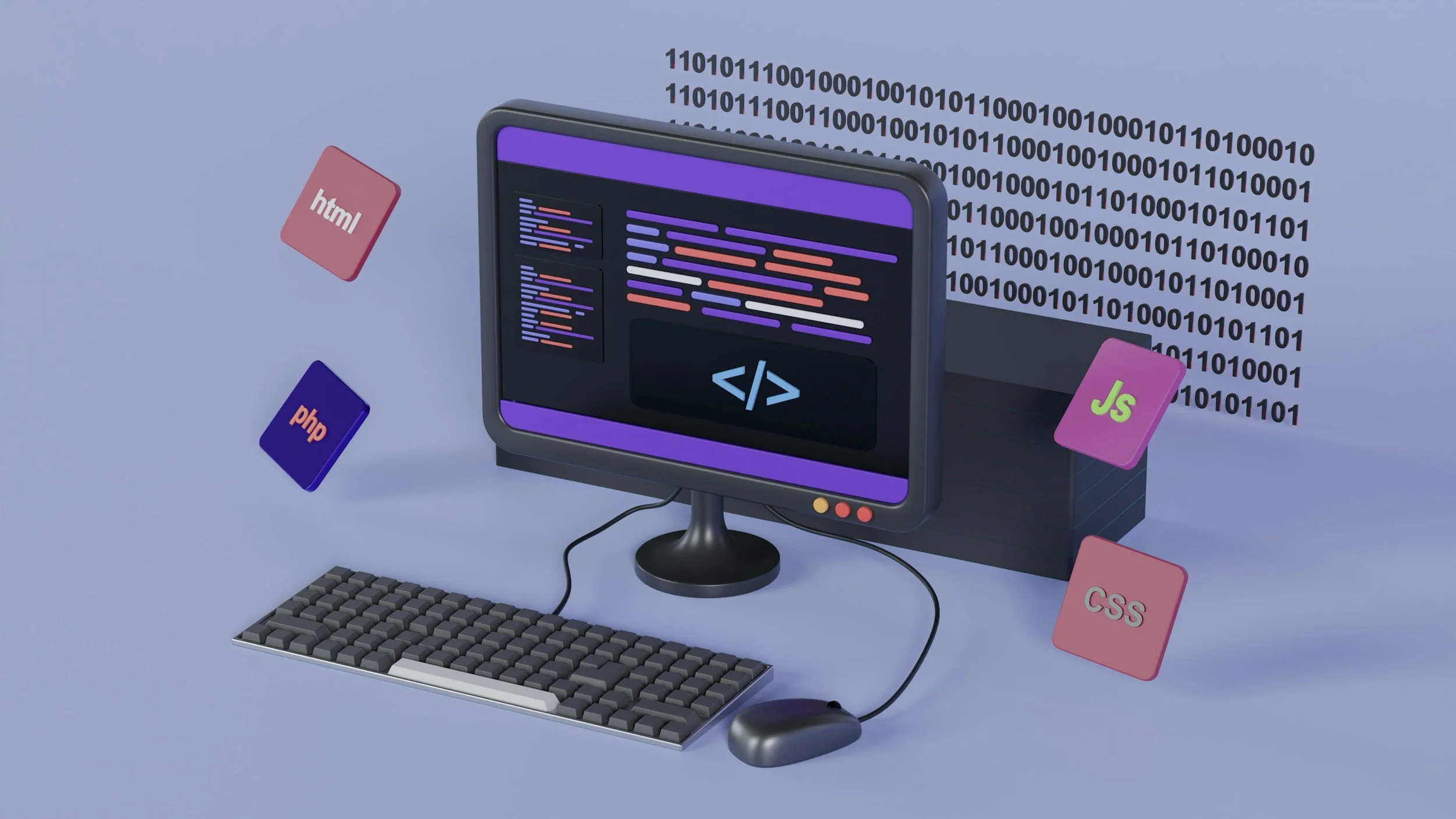UK Passes Data Use Bill Without AI Transparency Rule, Stirring Creative Sector Concerns

Image Credit: Conny Schneider | Splash
The UK’s Data (Use and Access) Bill (DUA Bill) became law on June 11, 2025, following intense parliamentary debate over artificial intelligence training practices. The legislation, which updates data protection frameworks, has drawn criticism from musicians, filmmakers, and authors for not requiring AI developers to disclose copyrighted material used in training models, fuelling fears of unauthorized use of creative works.
Legislative Path and AI Debate
Introduced on October 23, 2024, in the House of Lords, the DUA Bill modernizes UK GDPR, enhances NHS data sharing, and introduces measures against AI-generated deepfakes. Its passage was delayed by debates over amendments from Baroness Beeban Kidron, which sought mandatory transparency for AI training data to protect the £126 billion creative sector. Supported by figures like Sir Elton John and Sir Paul McCartney, these amendments were rejected by the Commons, which prioritized separate AI legislation. The bill, now the Data (Use and Access) Act 2025, commits to a report on AI’s copyright impact within nine months.
AI Training and Copyright Clash
The absence of mandatory disclosure leaves creators unable to verify if their music, texts, or images are used in AI training, which relies on scraping vast datasets. Under the Copyright, Designs and Patents Act 1988, such use requires licenses, but enforcement is challenging without transparency. A December 2024 government consultation on AI and copyright, receiving over 13,000 responses, proposed a text and data mining (TDM) exception with an opt-out for rightsholders, criticized as burdensome. Cases like Getty Images v Stability AI highlight ongoing legal disputes over AI training practices.
Benefits for AI Innovation
Deferring transparency requirements supports the UK’s £14 billion AI sector, employing 64,500 people and contributing £3.1 billion in gross value added. Over 80% of creative professionals use AI tools in fields like gaming, per a 2023 survey, suggesting potential for collaboration. Licensing deals between publishers and AI firms show a path for coexistence, and avoiding hasty regulations may attract tech investment. The government’s planned economic impact assessment aims to balance innovation with creator protections.
Creator Concerns Over AI Use
Musicians like Ed Newton-Rex argue AI companies “steal” their work, generating content like Spotify’s AI music that dilutes royalties for human artists. Campaigns, including the “Make It Fair” initiative and a silent protest album by 1,000 artists like Hans Zimmer, reflect industry frustration. Without transparency, creators struggle to enforce copyrights, and the consultation’s timeline leaves them exposed. Critics claim the Labour government favours tech over the 2.4 million creative sector jobs.
AI vs. Creator Rights Analysis
The bill prioritizes data reform over immediate AI transparency, risking trust in the creative sector, a cultural and economic cornerstone. The EU’s 2019 Copyright Directive, requiring TDM opt-outs, contrasts with the UK’s flexible approach, which may draw AI investment but alienate creators. Public polls strongly back requiring AI firms to seek permission and pay for copyrighted material. Rejecting Kidron’s amendment (272-125 in the Lords) signals a cautious stance, favouring comprehensive AI legislation later.
Future AI-Copyright Outlook
An AI-specific bill is planned for 2025, though delays to 2026 are possible, and may address transparency and licensing. The bill’s GDPR divergence raises concerns about EU adequacy status, vital for data flows, due for reassessment by December 27, 2025. Creators may pursue collective action, like licensing with AI firms such as Suno, while emphasizing live performances to counter AI’s impact. The consultation’s outcome will shape whether the UK balances AI growth with its creative heritage.
Source: Gov UK, BBC, Computer Weekly
We are your source for AI news and insights. Join us as we explore the future of AI and its impact on humanity, offering thoughtful analysis and fostering community dialogue.













